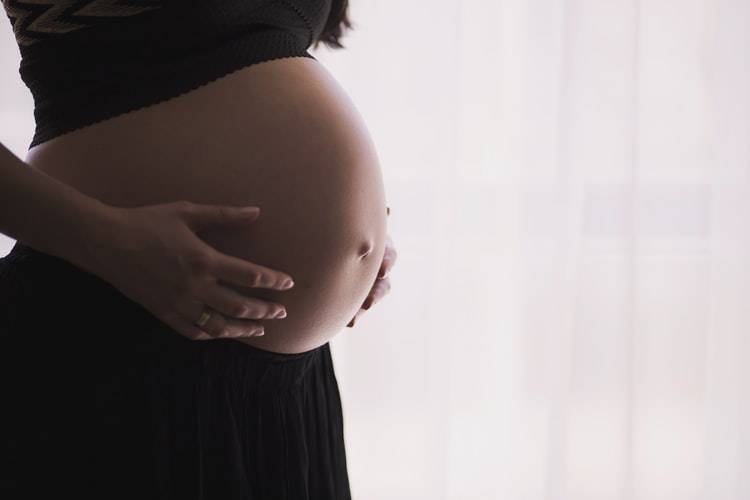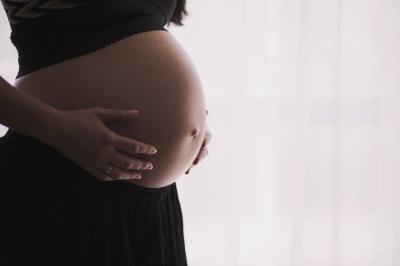A recent study concluded that the lack of sleep for new mothers during the first six months after giving birth to their first child could add seven years to their biological age. The issue of insufficient sleep may also make new mothers more susceptible to cancer and heart disease, according to this study. The British newspaper "Daily Mail" reported that the study involved 33 mothers during their pregnancy and the first year after the birth of their first child, analyzing DNA to determine their "biological" age, which differs from chronological age.
#### Risks of Sleeping Less than 7 Hours
The study indicated that after one year following the birth of the first child, the biological age of mothers who slept less than seven hours during the first six months increased by three to seven years, compared to those who slept seven hours or more. Additionally, mothers who got less than seven hours of sleep had lower amounts of telomeres, which are segments of DNA in white blood cells. The study, published in the journal Sleep Health, noted that a reduction in telomere length is associated with serious health problems.
#### Sleep Deprivation Increases Disease Risk
Researchers found that although the sleep duration of participants in the study ranged from five to nine hours, more than half reported sleeping less than seven hours after six months and again after one year from childbirth. Professor Judith Carroll, the lead researcher from UCLA, stated, "Healthy sleep is as important for public health as diet and exercise." She added, "The early months of sleep deprivation after childbirth can have a prolonged impact on physical health." Carroll emphasized, "We know from a large number of studies that sleeping less than seven hours each night has detrimental effects on health and increases the risk of age-related diseases."
#### Warning Against Sleep Deprivation
Carroll, who is part of the Cousins Center for Psychoneuroimmunology, and Terry Smeill from the Institute of Neuroscience and Human Behavior urged new mothers to take any opportunity to gain extra hours of sleep, such as napping when their baby sleeps, and accepting help from family and friends when possible.
Christine Dunkel Schetter, a professor of psychology and psychiatry at UCLA who contributed to the study, noted that while the increase in biological age associated with lack of sleep raises health risks for women, it doesn't necessarily mean that they are permanently harming their bodies. She added, "We do not want the message to be that mothers are permanently harmed by caring for the newborn and lack of sleep. We do not know if these effects are long-term." However, researchers warned that as a person's biological age increases, so too does the risk of disease and early death.




